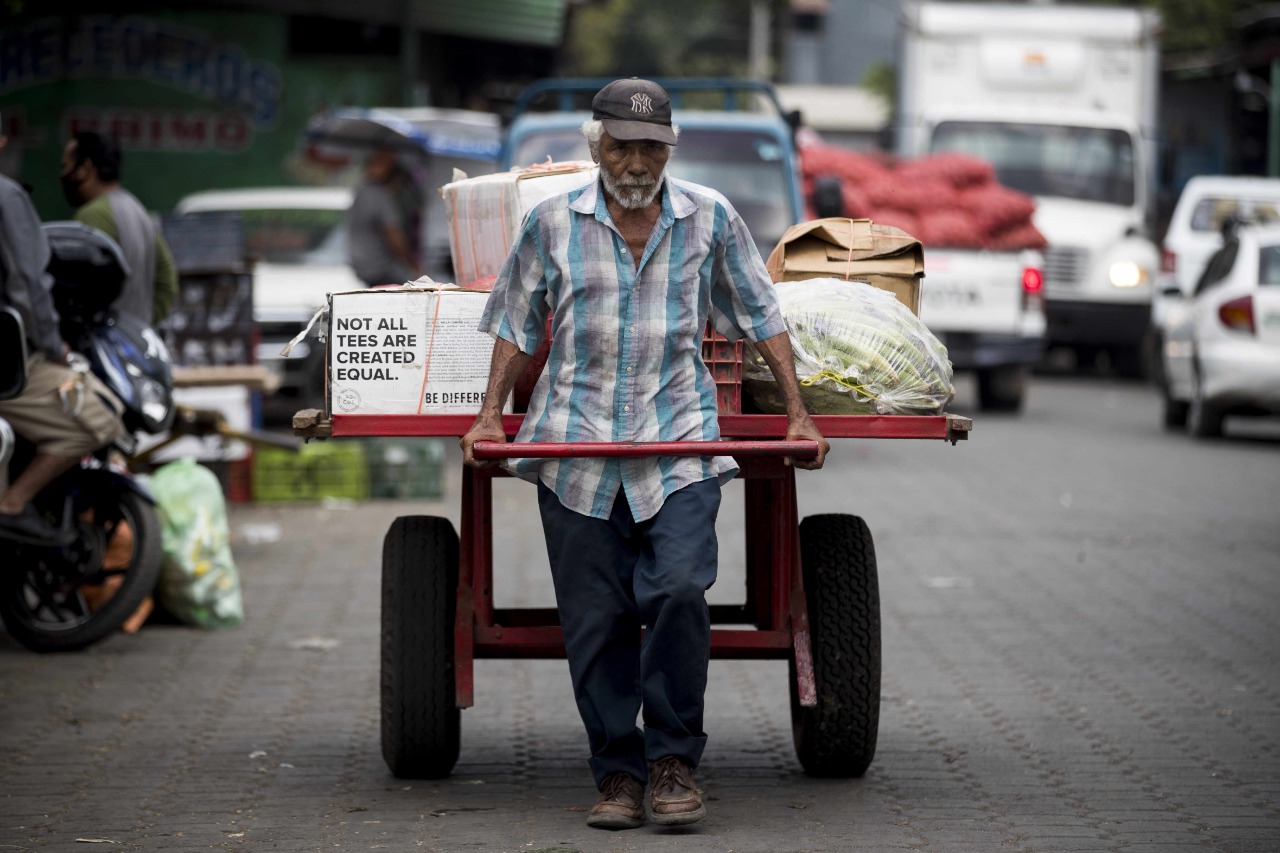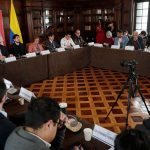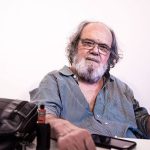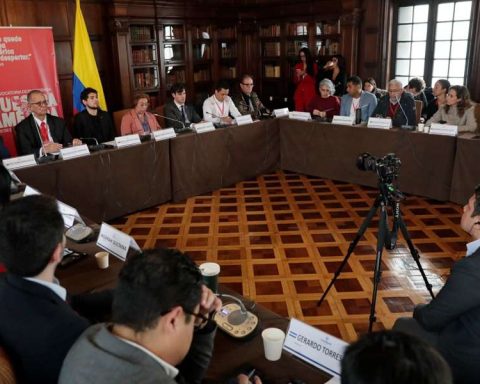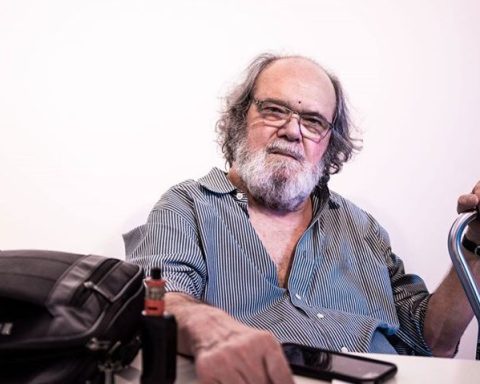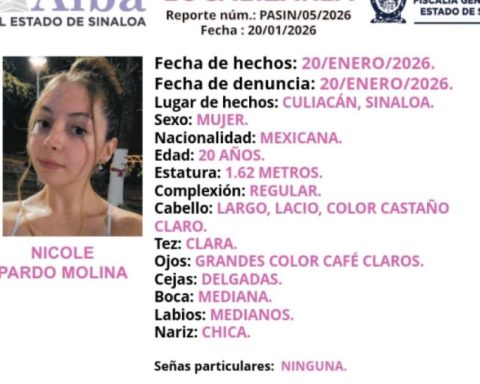According to the Royal Spanish Academy (RAE) poverty is when you do not have what you need to live and in Nicaragua wages are not enough to buy the basic basket, what a family needs to survive.
The price of the basket exceeds 500 dollars and the minimum pay is barely around 300 dollars on average. The basic basket has maintained a growing trend, while the purchasing power of Nicaraguans each day remains static or decreases.
Corruption, lack of investment in infrastructure and public services has led Nicaragua to an economic crisis and therefore an increase in poverty.
Related news: BCN affirms that the Nicaraguan economy will grow by 3 or 4% in 2023
In 2018, the country’s poverty was estimated at 27% and although the government says it has reduced the gap, the regime’s State Plan to Fight Poverty 2022-2026 indicates that general poverty is 24.9% with extreme poverty of 17.2%.
incapable state
According to the economist Marco Aurelio Peña, the Nicaraguan economic structure has, for a long time, brought about a fairly large segment of people living in poverty and extreme poverty.
«There comes a time when the number is so large that it is difficult to reduce it. It means that the economic structure could not reduce it and the generation of employment does not make it possible for poverty to be drastically reduced”, he explained.
The expert stated that for the reduction of poverty, the quality of economic growth must be taken into account, the educational system that does not push citizens to undertake and that they carry out their personal project and create jobs to reduce poverty. .
“Not only is the State responsible, but also the people who must contribute to reducing poverty. The State by itself is incapable of reducing poverty”, he declared.
Political instability
Another of the factors that stagnates the reduction of poverty and affects economic growth is the political and social instability of Nicaragua. The economist assures that the country has a history of establishing anti-democratic political regimes and this makes the market function inadequately.
In addition, this prevents market forces from deploying its dynamic and innovative potential due to conditions that are not conducive to directing growth towards economic development.
«In a small country like ours, what happens in the political sphere has a direct and negative impact on economic activity and people’s standard of living. This determines that Nicaraguans have considerable segments in poverty », he analyzed.
Regime blames opponents for poverty
In 2021, the regime’s spokesperson and deputy dictator, Rosario Murillo, blamed the opponents and the social protests of 2018 as the cause of the socioeconomic crisis and poverty that has prevailed in the country for more than a decade of her administration.
At that time, Murillo promised that they would continue to “advance to fight poverty, to leave behind the hatred that delayed the progress against poverty, (us) delayed the hatred that was embodied in destructive beings, the hatred that blinded some people, delayed the programs, projects.
«Our natural talent and our good heart, full of hope, have allowed us to move forward and continue fighting against poverty and continue fighting against spiritual poverty and spiritual precariousness and the lack of sensitivity, solidarity, love of neighbor, what which we call indifference and exclusion,” he added.
Hungriest country
Nicaragua is the country that suffers the most hunger in all of Mesoamerica, according to a 2022 report from the Food and Agriculture Organization of the United Nations (FAO). This organization and the Sandinista administration signed a “New Country Programming Framework 2022-2026” in May of that year, for an amount of 67.3 million dollars.
Official figures indicate that the reduction in poverty has been minimal and based more on remittances from migrants than on economic policies. The sociopolitical crisis has triggered a massive migration, which has allowed an increase in money transfers.
Nicaragua received 3,224.9 million dollars in remittances in 2022, 50.2% more than what was received in 2021. Of that total, 2,469.7 million dollars came from the United States, the main destination for exiles and Nicaraguan migrants. These more than 3 billion dollars represent 23% of the Gross Domestic Product (GDP).
official figures
The Nicaraguan economy grew 3.8% in 2022, rose 10.3% in 2021, two years of positive numbers after three consecutive years of closing with a red balance, according to the Central Bank. GDP had contracted by an average of -3.03% per year in the 2018-2020 period.
GDP decreased by 2% in 2020, as a result of the covid-19 pandemic and the damage caused by hurricanes Eta and Iota, in November of that year, according to the monetary authority. In 2019 it fell 3.7% and 3.4% in 2018, due to the sociopolitical crisis that has affected the country for five years.
